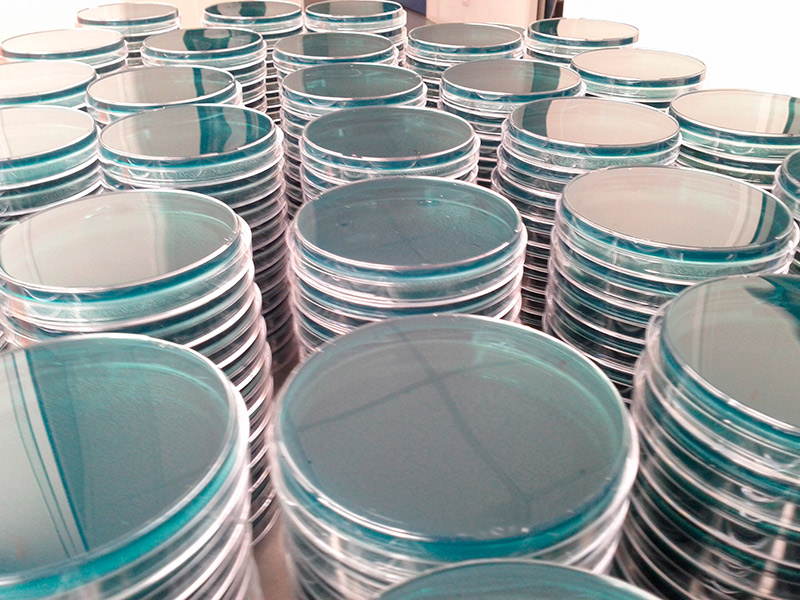Universitat de València
- Rausell Segarra, Carolina
- PDI-Titular d'Universitat
- Real Garcia, Maria Dolores
- PDI-Catedratic/a d'Universitat
- Garcia Robles, Inmaculada Rosa
- PDI-Titular d'Universitat
- Secretari/a de Departament
- Robles Fort, Aida
- PIT-Tecnic/a Sup Uv
- María Benito Jardón
Antibiotic resistance is rising to dangerous levels worldwide and it will be a serious problem in the very near future if new therapies are not developed. In fact, the World Health Organisation (WHO) has recognized the antibiotic resistance as one of the most important global threats for health of the 21st century. It is therefore clear need to develop new antimicrobials.
On the other hand, breast cancer has the highest incidence in Europe (458,718 cases, 13% of the total) and the second worldwide (1.7 million cases, 12% of the total). Breast cancer treatment requires a multidisciplinary approach individualized for each patient, combining surgery, radiation therapy, chemotherapy and hormonal therapies. Triple negative breast cancer (TNBC) does not respond to hormonal therapies because it has no target receptors and it is associated with a four times higher risk of metastasis than other types of breast tumours, and a lower 5-year survival rate. Chemotherapy is the only treatment for TBNC, but its high cytotoxicity also for healthy cells and the emergence of chemoresistance require finding other treatment options. Alternative treatments against TNBC that selectively kill cancer cells or reduce their proliferation while slowing development of resistance would be of high value.
Researchers from the Department of Genetics of the University of Valencia have developed a peptide that can be used as antimicrobial in the treatment of Gram -, Gram + bacterias and fungus as well as effective for use in cancer treatment. Antimicrobial peptides (AMP) are good candidates as new antibiotic agents since they offer a mechanism of action different from conventional antibiotics and therefore they are excellent agents for preventing the development of antibiotic resistance. The rapid rate at which antimicrobial peptides promote cell death is an additional factor that contributes to reduce the chance of developing resistance. On the other hand, these peptides can also act synergistically with conventional antibiotics, enhancing their therapeutic activity.
Moreover, the developed peptide hasantiproliferative activity independent of the mostly mutated pathways in cancer, so its use together with existing chemotherapeutic agents would increase the effectiveness of cancer treatment and in particular breast cancer.
Although other similar peptides had been studied before, until this invention no modified peptides had been developed with higher efficacy.
The main application of this invention is in the pharmaceutical sector, being of special interest for the treatment of:
- Diseases produced by Gram positive bacteria.
- Diseases produced by Gram negative bacteria.
- Diseases caused by fungi.
- Cancer, especially triple-negative breast cancer, together with the usual chemotherapeutics.
The main advantages of this invention are:
- Treatment with low probability of acquiring resistances.
- Synergy with the usual antibiotics.
- Intrinsic anti-cancer activity independent of the mostly mutated pathways in cancer.
- Synergy with conventional chemotherapeutic agents.
- Patent granted
Blasco Ibáñez Campus
C/ Amadeu de Savoia, 4
46010 València (València)














